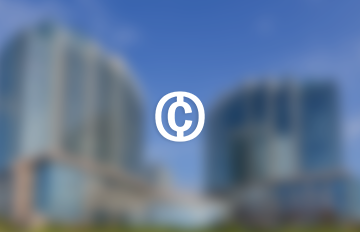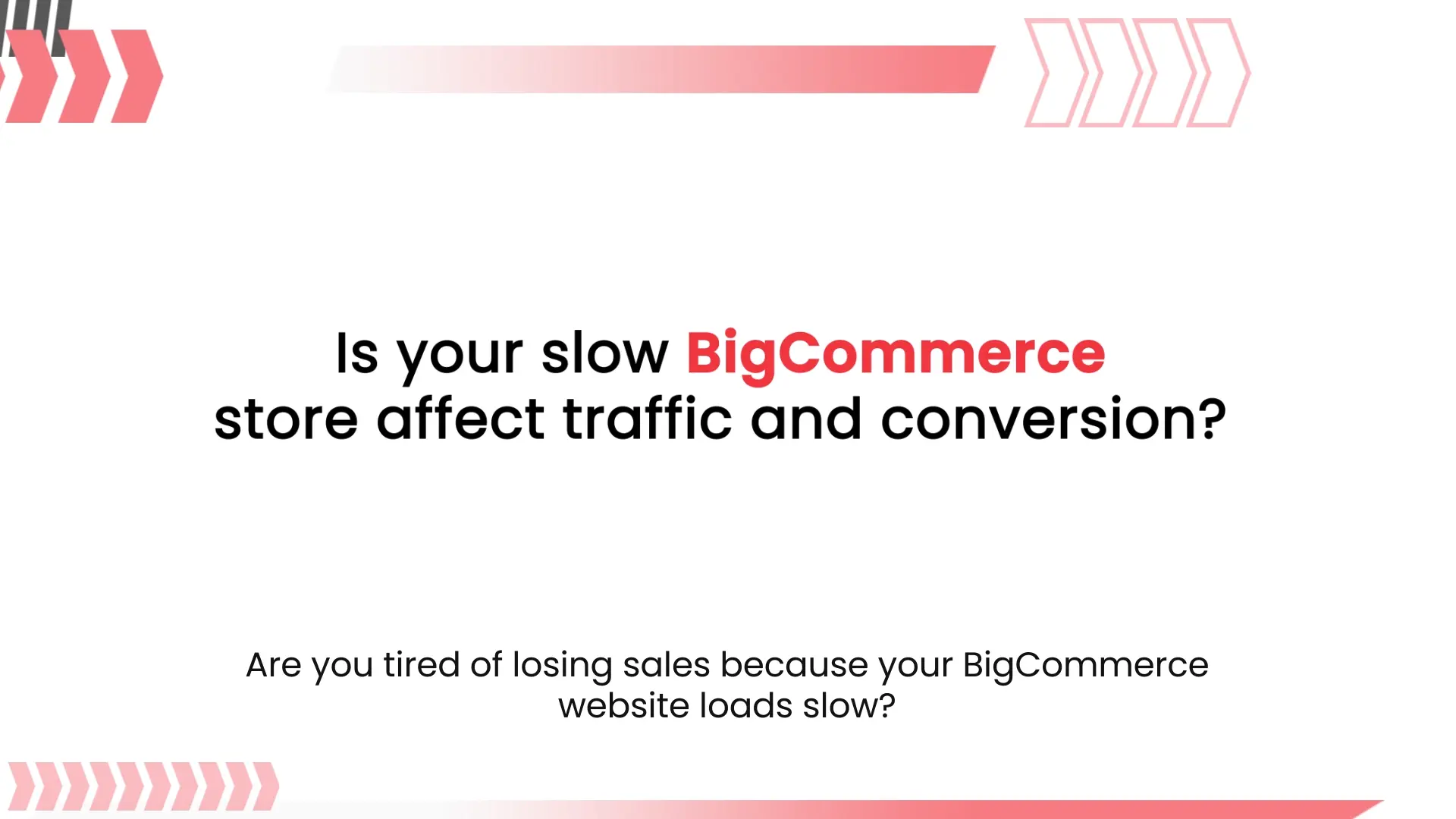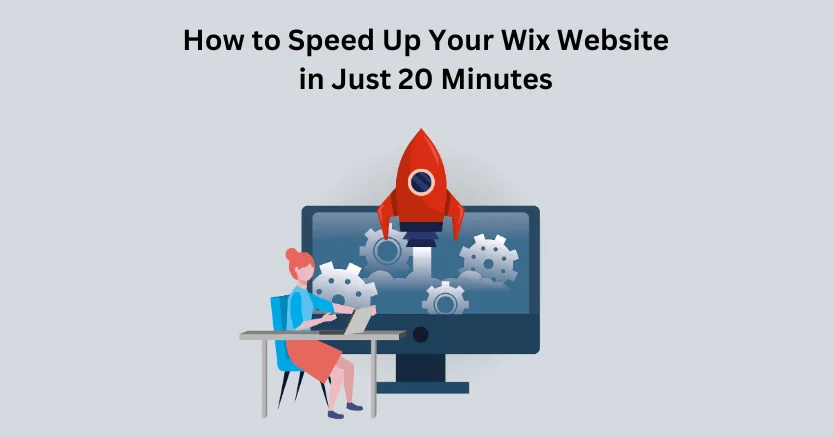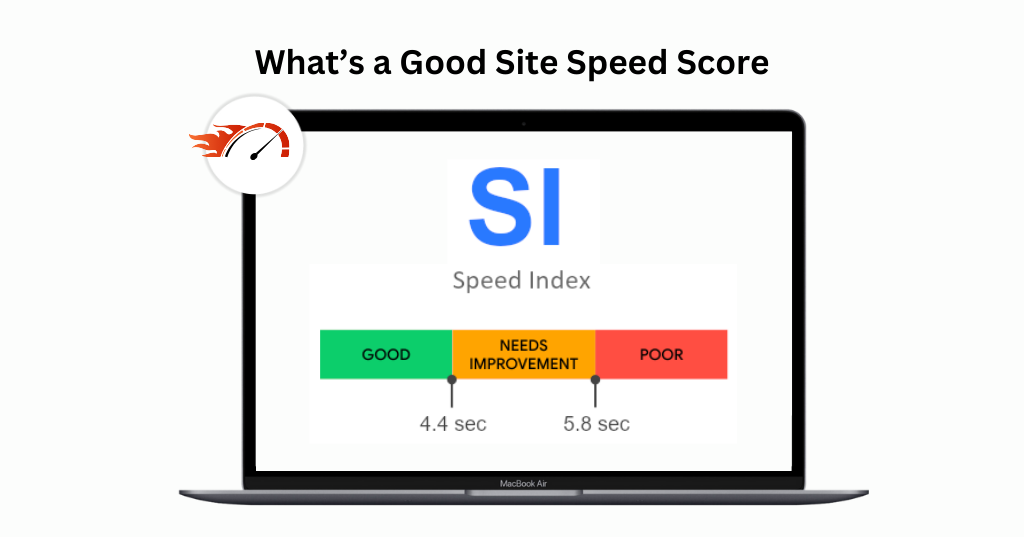Website speed can significantly impact a website’s overall effectiveness, from user experience to search engine optimization (SEO).
We’ll look at the various components of website speed, what you can do to improve it, and how it can positively impact your SEO efforts. By understanding the impact of website speed on SEO, you can ensure your website is loading quickly and delivering the best possible user experience while boosting your SEO performance.
In this blog, we’ll explore the importance of website speed and how it affects SEO.
Observe your loading time –
Understanding the different types of website speed and how they impact SEO is important. Measuring a Website’s speed is done in terms of page load times, the amount of time it takes for a page to load fully. Page load time directly impacts a website’s search engine rankings, as faster page load times can help to improve a website’s overall visibility in search engine results.

Want to read this blog offline?
No worries, download the PDF version
now and enjoy your reading later…
 Download PDF
Download PDF Other factors impacting speed –
In addition to page load time, other components of website speed can impact SEO performance. These include server response time, content delivery network (CDN) performance, and mobile-friendliness. Server response time is the amount of time it takes for a server to respond to a request, while CDN performance is the speed of delivery of content. Finally, mobile-friendliness is an important factor to consider Optimization of a website should be successful on mobile phones.
Browser Caching –
When it comes to optimizing the performance of your website, leveraging browser caching is an essential step. Browser caching stores certain types of data, such as stylesheets, images, JavaScript files, and more, in the browser, so that when a visitor returns to your site, the browser doesn’t have to reload the entire page. This helps speed up your website’s loading time, making it more user-friendly.
In most cases, unless your site design frequently changes, setting the “expires” header to one year is a reasonable time. This will help ensure that your content is stored in the browser cache and will be available quickly when a visitor returns to your site.
Leveraging browser caching is a simple but important step to ensuring that your website runs at its optimal speed and performance.
How to improve website speed?
1. Optimize Your Images
Images are often the main component of slow page loading times. Make sure you optimize your images for the web by compressing them, so they’re manageable. You can use a tool like TinyPNG to compress your images easily.
2. Minify Your Code
Minifying your code means removing unnecessary characters and formatting. Minifying your HTML, CSS, and JavaScript can reduce the size of your files and improve your website speed. You can use a tool like CodeKit to minify your code.
3. Enable Caching
The web pages stored in a cache can be quickly accessed when a user visits the website. Therefore, enabling caching on your website can help reduce loading times and improve user experience.
4. Use a Content Delivery Network
Content Delivery Networks (CDNs) are servers located worldwide that store and deliver content based on the user’s location. A CDN can reduce loading times for users far from the server.
5. Monitor Your Website
Monitoring your website can help you stay on top of any issues causing your website to be slow. There are several tools available that can help you identify performance issues and monitor your website’s speed.
Need for Speed? We’ve Got the Solutions for You!
Fasten up Online StoreWhy is it important to do?
Website speed optimization is important for several reasons. Firstly, it helps ensure visitors have a positive experience when they visit your website. If your website loads too slowly, visitors may become frustrated and leave before they’ve had a chance to explore what you have to offer. This means that you could miss out on valuable leads, sales and conversions opportunities
Secondly, website speed optimization can help to improve your search engine optimization (SEO) efforts. Search engines like Google and Bing rank websites based on how quickly they load. Therefore, the faster your website loads, the higher it will rank in search results, giving you an edge over your competitors.
By understanding the importance of website speed and implementing strategies to improve it, you can ensure your website is loading quickly and delivering the best possible user experience. This can also boost your SEO performance and secure your website is top of mind for search engine users. Optimizing your website’s speed and SEO performance can ensure your website is delivering a top-notch user experience and improving your visibility in search engine results.
Conclusion –
In conclusion, website speed plays a major role in website effectiveness and SEO. Businesses need to understand the website speed types and the components that makeup page load times. Optimizing website speed can help deliver the best possible user experience and improve a website’s visibility in search engine rankings. By understanding the importance of website speed and its impact on SEO, businesses can take steps to ensure they are maximizing their website’s potential.















































